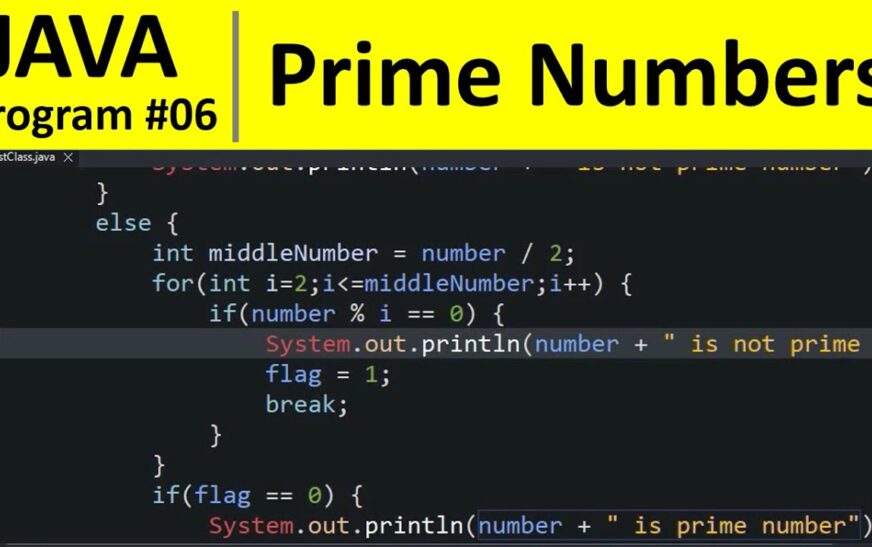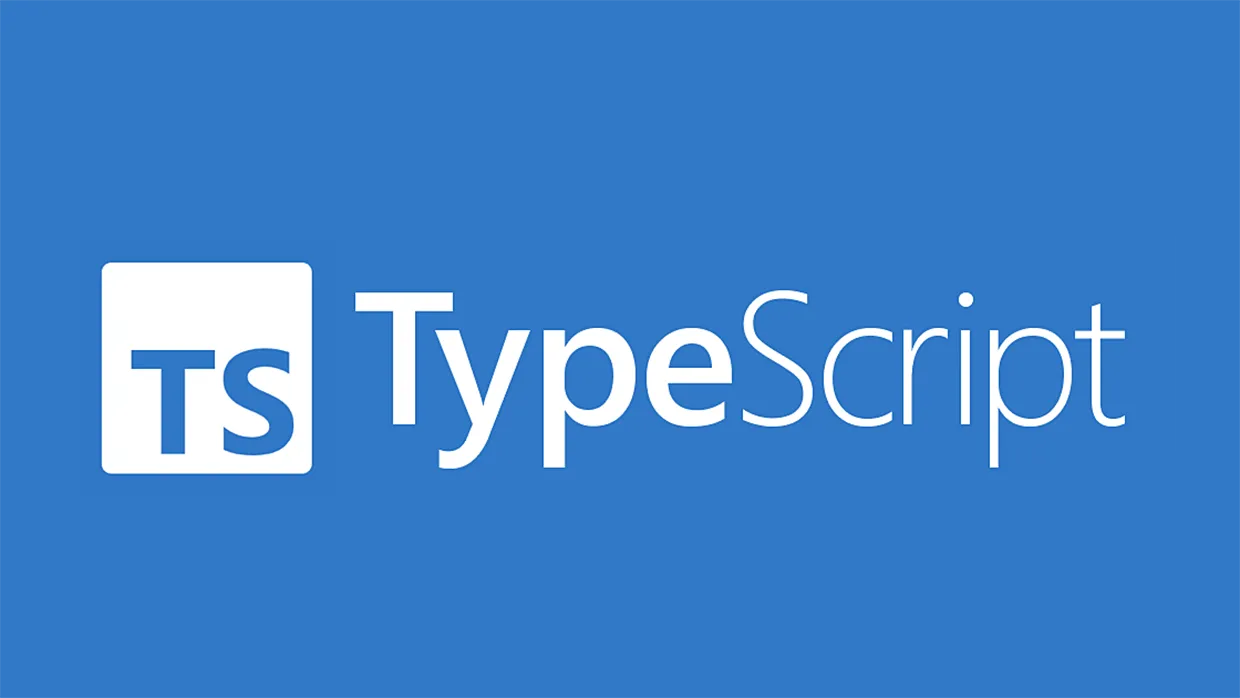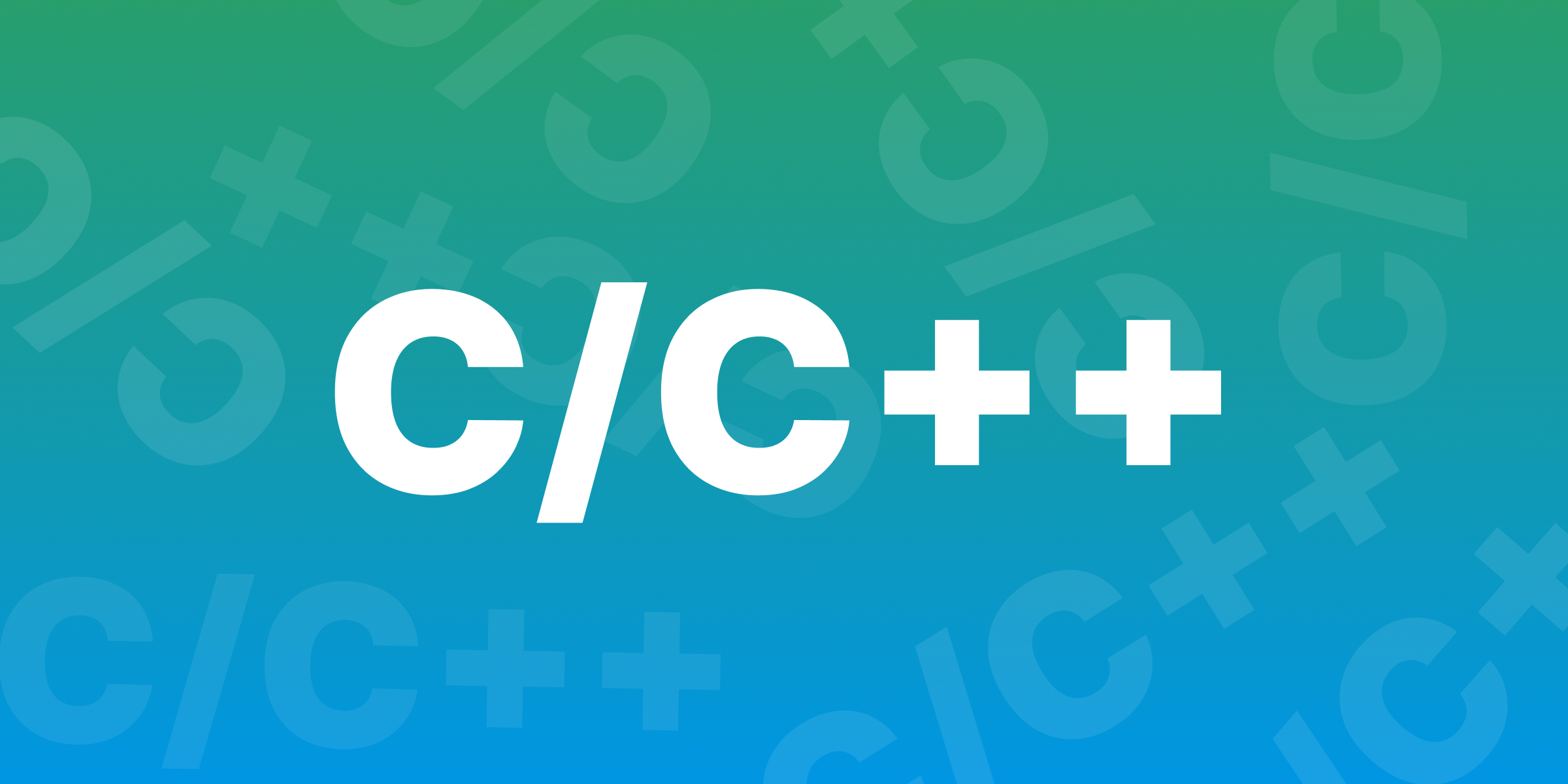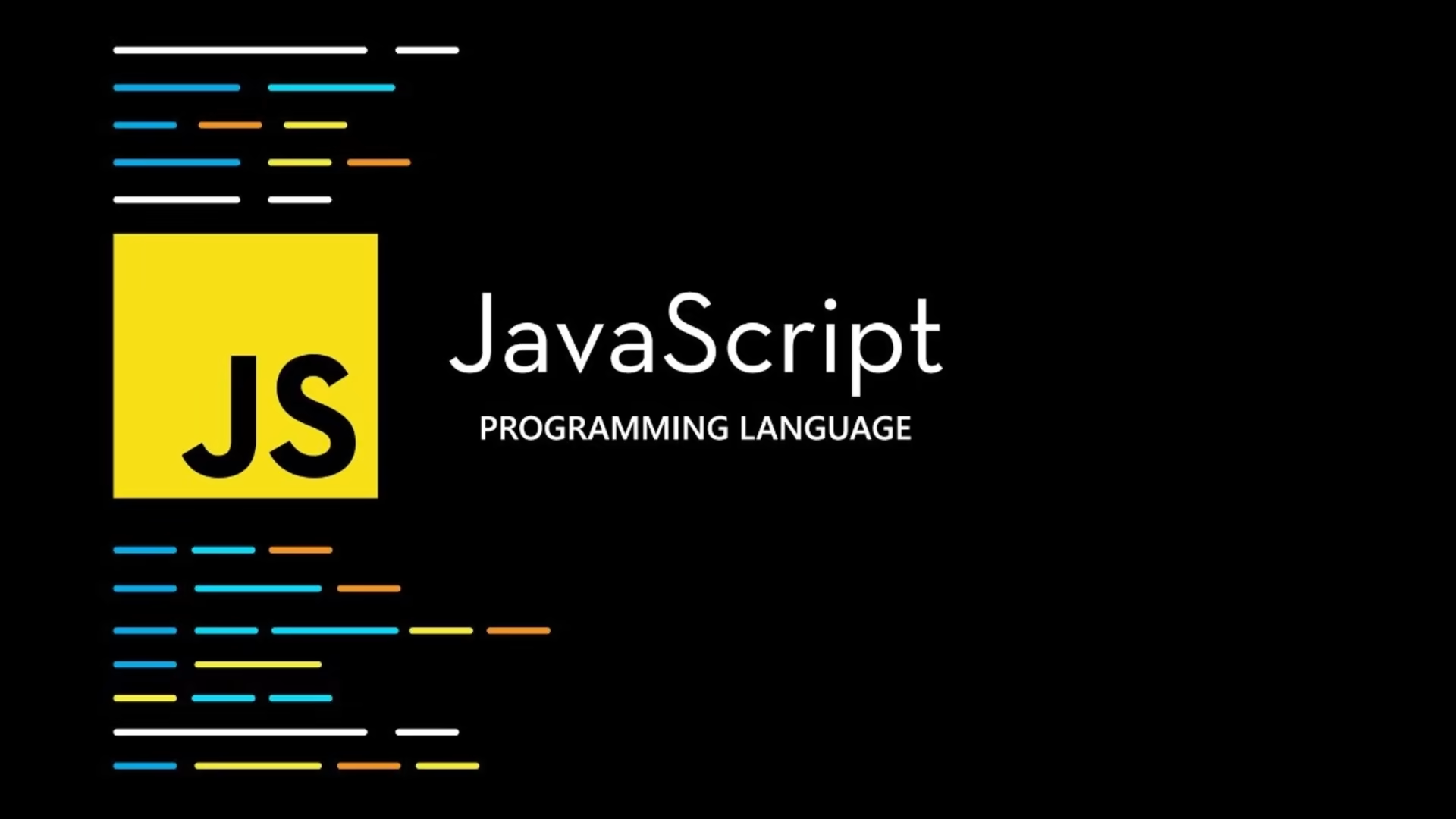Program on Prime Number in Java is one of the best ways to understand how programming works. This post will guide you in creating a simple Java program to check for prime numbers. Whether you are a beginner or just brushing up on your Java skills, this guide will help you understand the logic behind prime numbers and how to code them in Java.
A program on prime number in Java checks if a number is only divisible by one and itself. This means the number should have no other divisors. We will explain a prime number and how you can build the code using loops and condition checks. Don’t worry; it’s easy to follow, even if you’re starting with Java!
What is a Prime Number, and Why Should You Write a Program on a Prime Number in Java?
A prime number is a particular type of number that is only divisible by one and itself. This means that the number has no other divisors. For example, 2, 3, 5, and 7 are all prime numbers because they can only be divided by one and the number itself. Understanding prime numbers is essential in math and computing.
Writing a program on prime numbers in Java is a great way to learn how programming works. It helps you practice how to use loops and conditions to solve problems. When you write this program, you will see how easy it is to check if a number is prime using Java. This task helps you build coding skills that you can use in other projects.
In Java, checking for a prime number involves testing whether the number is divisible by any number other than one and itself. This teaches essential coding concepts like loops, variables, and conditional statements. So, learning how to write a program on prime numbers in Java is valuable and fun!

Step-by-Step Guide to Write a Program on Prime Number in Java
The first step in writing a program on prime numbers in Java is understanding the basic logic. You need to check if a number is divisible by any other number apart from 1 and itself. If it is, then it’s not a prime number. If it isn’t, then it is a prime number.
Here’s a simple guide to help you:
- Start by asking the user to input a number.
- Check if the number is less than 2. If so, it’s not a prime number.
- Loop through numbers from 2 to the square root of the input number.
- If the input number is divisible by any of these, it’s not a prime number.
- If no divisors are found, it is a prime number!
This step-by-step approach simplifies the process and makes it easy to follow. As you write the program on prime numbers in Java, you’ll learn the importance of loops, conditions, and mathematical logic.
How to Check if a Number is Prime in Java: Key Concepts
In Java, checking if a number is prime involves using basic programming concepts. The most important thing to remember is that a prime number has only two divisors: 1 and itself. This is the key rule that drives the logic of the program on prime numbers in Java.
To check if a number is prime, you can use a loop that starts at two and goes up to the square root of the number. For each number in the loop, you test if it divides the original number evenly. If it does, the number is not prime. If no divisors are found, then the number is prime.
This teaches beginners how to use loops and conditional statements in a real-world application. Writing a program on prime numbers in Java helps you build a strong understanding of how Java programming works.
Common Mistakes to Avoid When Writing a Program on Prime Number in Java
Beginners often need help with writing a program on prime numbers in Java. One common mistake is starting the loop at one instead of 2. Since every number is divisible by 1, this can cause the program to always return false for prime numbers.
Another mistake is not checking for smaller numbers like 0, 1, and harmful. These numbers are not prime and should be excluded right at the program’s start. Beginners sometimes forget this step and end up with incorrect results.
Finally, beginners often need to pay more attention to the importance of testing their code. Try your program on the prime number in Java with different inputs to ensure it works for all cases. This helps you catch any errors and improve your programming skills.

Optimizing Your Program on Prime Number in Java for Better Performance
After writing a basic program on prime numbers in Java, the next step is to optimize it for better performance. This means making the program run faster and more efficiently, especially when dealing with more significant numbers.
One way to optimize is by reducing the number of iterations in your loop. Instead of looping to the number itself, you can stop at the square root of the number. This dramatically reduces your program’s time to check if the number is prime.
Another optimization tip is to skip even numbers after checking if they are divisible by 2. Since no even number other than two can be prime, this helps your program run faster. Optimizing your program for prime numbers in Java will make it more efficient and quicker to execute.
How to Test and Debug Your Program on Prime Number in Java
When you finish writing your program on prime numbers in Java, testing it with different numbers is essential. Testing helps you see if your code works correctly in all cases. Start by testing small numbers like 2, 3, and 4, then try more significant numbers like 11, 13, and 29.
Common Testing Tips:
- Test with tiny numbers like 0, 1, and 2.
- Try both prime and non-prime numbers.
- Use large numbers to check the performance of your code.
If you find any errors, use debugging techniques like adding print statements to see where the program is failing. Debugging helps you fix problems and improve your coding skills.
Conclusion
Writing a program on prime numbers in Java is a great way to practice Java coding. It teaches you how to use loops, conditionals, and logic to solve a real-world problem. By following the steps and avoiding common mistakes, you can write a program that works well and is easy to understand.
As you continue to practice, you’ll improve at writing efficient code and testing your programs. This simple task of checking prime numbers will help you build a strong foundation in Java programming and prepare you for more complex challenges! Keep coding and have fun!










